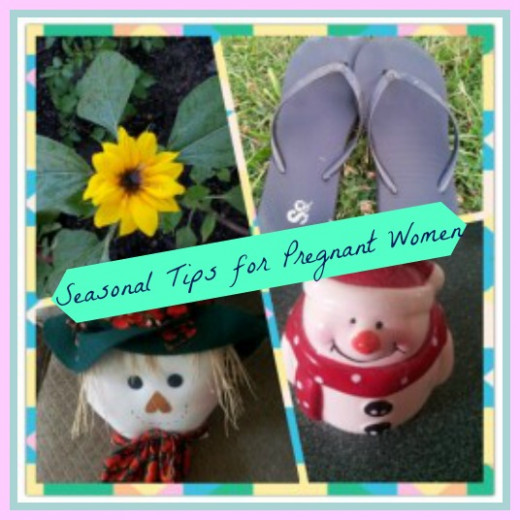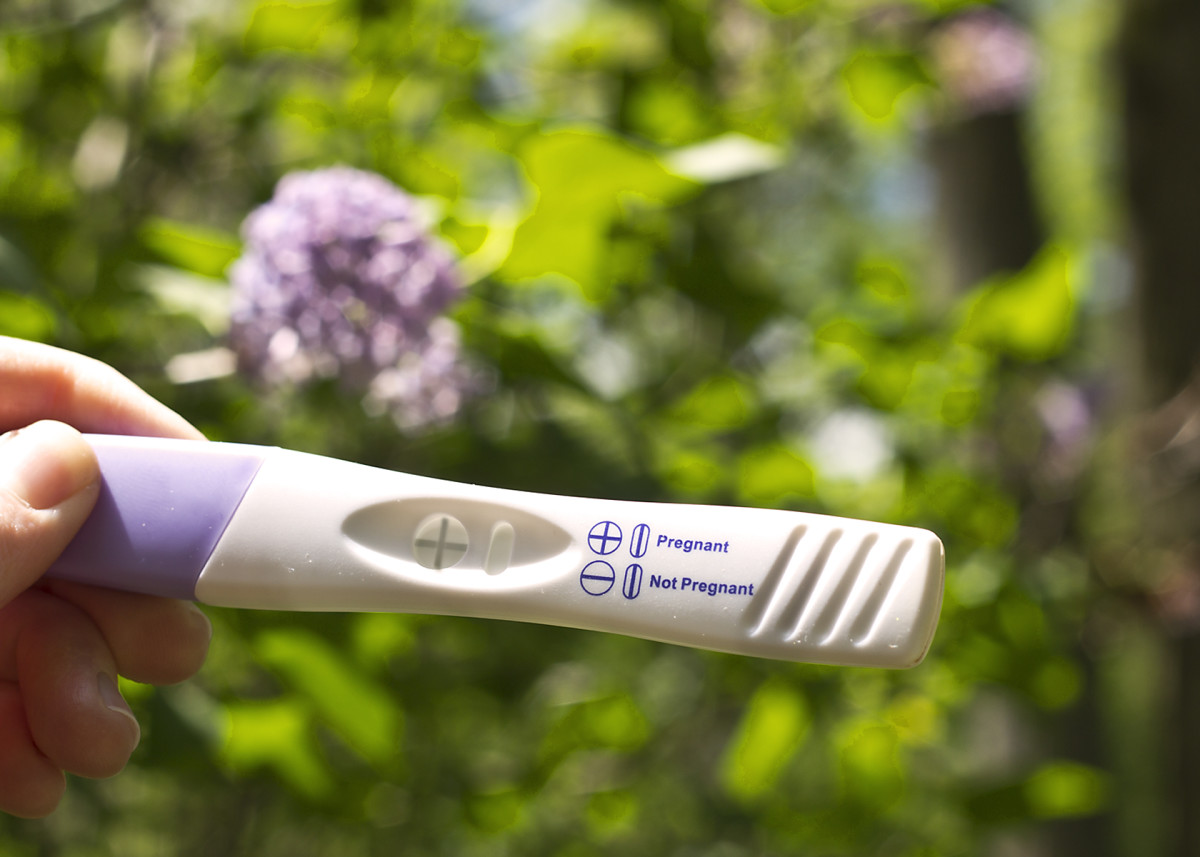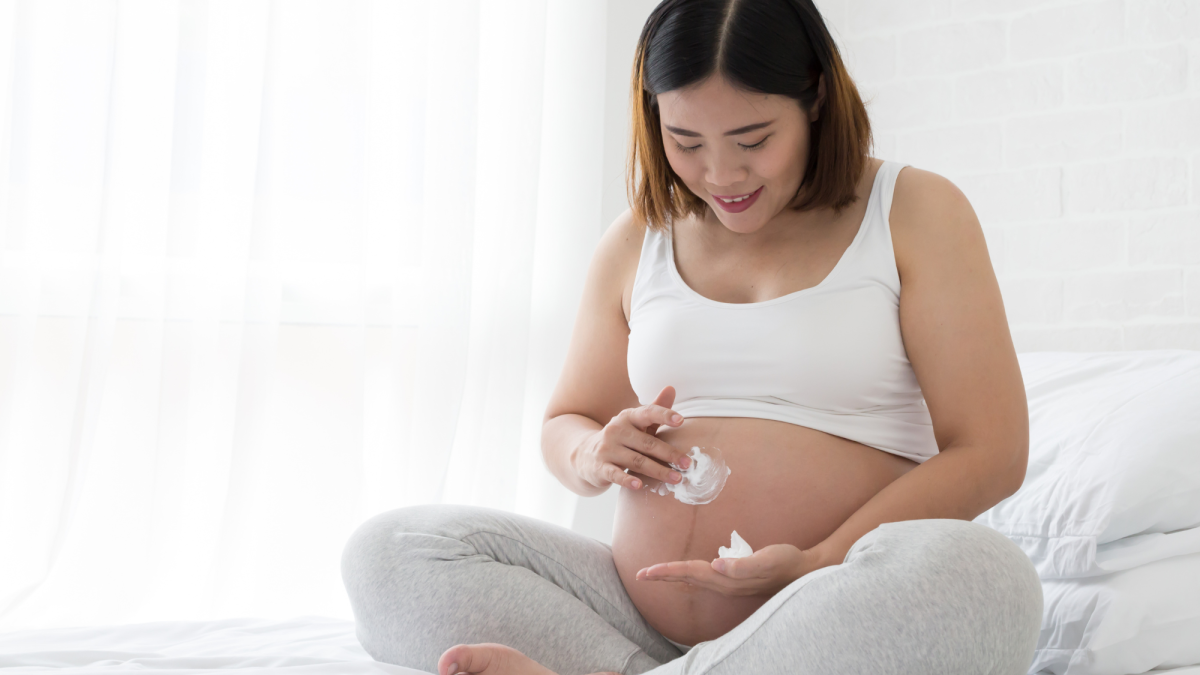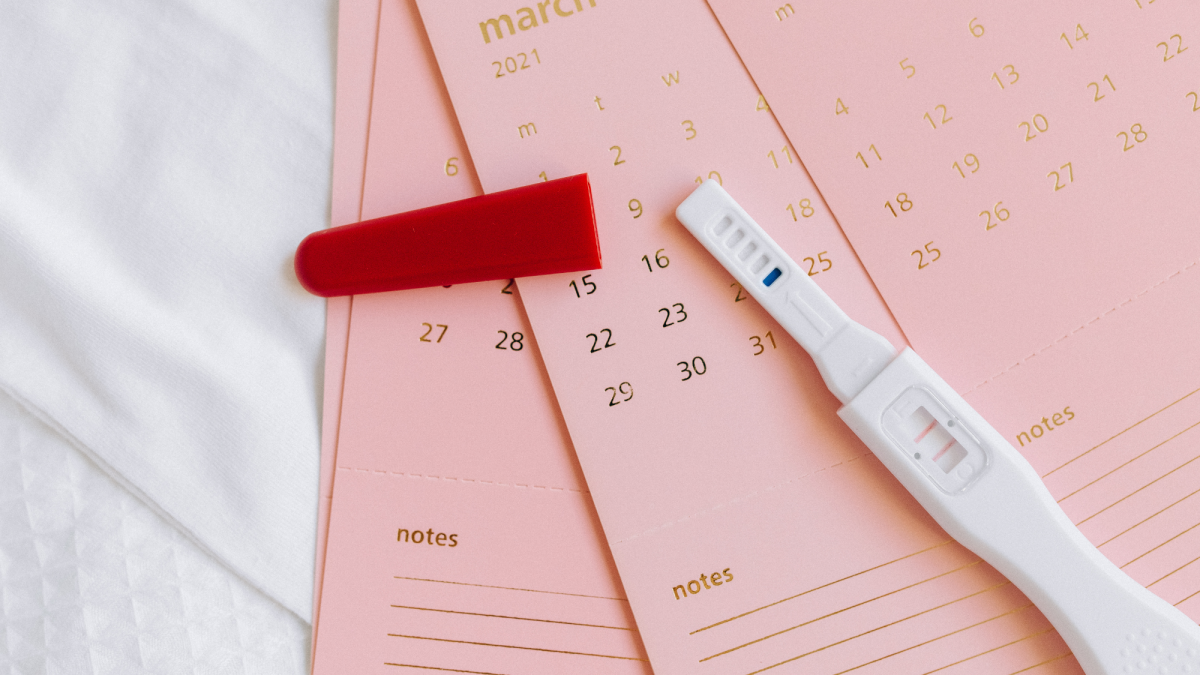- HubPages»
- Health»
- Women's Health»
- Pregnancy
Seasonal Tips for Pregnant Women
Seasonal Tips for Pregnancy

Tips for Pregnant Women
Pregnancy is nearly a year long event, lasting on average for for 40 weeks. From conception to birth, a woman will endure with a pregnancy through almost every season of the year in a temperate climate zone if the pregnancy goes to term.
From allergies in the spring, extreme heat in the summer, raking leaves in the fall, and frigid temperatures in the winter, pregnancy can be full of expected and unexpected problems. Do you know how to survive through them all?
Here you will find tips about how to survive through events that may occur during the four seasons--spring, summer, fall, and winter.
Worst Season for Pregnancy
What is the worst season for pregnant women?
Trying to Conceive in the Winter and Spring
If you are trying to conceive in late winter or early spring, make sure you take a folic acid supplement. It has been found that women who conceive in late winter or early spring have very low levels of folic acid due to lack of fresh fruits and vegetables and may have a higher chance of giving birth to babies with neural tubal defects.
Allergies and Pregnancy
Allergies for most people tend to peak in the spring, but they can occur in the fall as well. Due to changes in hormones and increase in mucous production, pregnant women often feel like their allergies are worse than usual. For many, there is relief from allergies during pregnancy, but for the others who do suffer, there are a few remedies:
- Remain indoors with windows closed and an A/C or air purifier during times of high pollen.
- Ask someone else to do the cleaning in the house.
- Avoid going to the basement or attic where it tends to be musty and dusty.
- Avoid animals that cause allergy attacks.
- Keep hydrated to help mucous stay loose.
- Be careful with antihistamines. Some, such as pseudoephedrine, are not recommended during pregnancy. Talk to your doctors about which medications would be safe to take.
You may also encounter food allergies or other allergic reactions that were uncommon before pregnancy. If you find you have a different reaction to certain foods, refrain from eating them and make sure to mention the reaction to your doctor. If you have a skin reaction from a lotion or detergent, refrain from using those products and find hypo-allergenic brands.
Always be sure to speak with your doctor before you begin any treatment for allergies. He/she may have suggestions that will be specific for pregnancy and keep you and baby safe.
Sneezing During Pregnancy
There's going to be a time during pregnancy when you realize this important truth: sneezing is a scary thing. Why? There are two reasons: potential urine leakage and pulled muscles. Fun, right?
You may be sneezing more now due to a stuffy nose brought on by pregnancy. To prevent urine leakage, learn to cross your legs, practice your Kegels, and wear a pad. If you're prone to full-body sneezing experiences (i.e. your whole body moves when you sneeze), you may pull a muscle in your neck, back or other places, so be mindful when you feel a sneeze coming on.
Being Pregnant in the Summer
Being pregnant in the summer can be quite difficult for some women, depending on how far along they are.
For those in early pregnancy, hot temperatures might increase morning sickness and cause dehydration. For those in mid-pregnancy to late pregnancy, issues such as water retention, overheating, heat rash, and dehydration. To combat all of this, drink plenty of water and stay indoors where it is cool. If you have access to a pool, feel free to get in and relax (see Swimming below).
But then there's the age old summer pregnancy issue: what bathing suit should you wear?!?
Don't fret; there are so many options today for maternity bathing suits. If you feel comfortable enough, you can wear a bikini and show off that baby bump. I was always more comfortable in a maternity tankini and skirt bottom. (I do recommend a two piece no matter how you feel. Wearing a one piece may get in the way of a frequent urination attack....)
Pregnancy and Heat
In the summer and early fall months, you may have to deal with hot weather, which to most pregnant women is not fun at all since their bodies are already overheated.
To beat the heat, you can:
- Wear lightweight, loose clothing.
- Drink a lot of water.
- Eat light meals.
- Submerge your feet in a bucket of cold water.
- Swim.
- Stay in the A/C.
- Use powder in skin folds to prevent rashes.
In the winter or cooler month, you may want to be heated a bit more, but be advised: pregnant women should not use the following due to overheating:
- hot tubs
- saunas
- electric blankets
- heating pads
Stay cool!

Sunscreen During Pregnancy
During the summer months, it is very important to protect yourself from the harmful UV rays of the sun. Your skin is more likely to burn now that you're pregnant due to chemical changes in your body.
Keep your skin safe by using sunscreen or sunblock. Try to find sunscreen without Oxybenzone; this chemical has been linked to low birthweights in babies. Sunscreens with zinc oxide or titanium dioxide are considered to be safer ingredients.
If you want to avoid all sunscreens, opt to stay in the shade or wear clothing to protect your skin. Wide brimmed hats, sunglasses, and tightly knit clothing can help keep your skin from burning.
Sunburn When Pregnant
If you do get a sunburn while pregnant, you're going to feel perhaps even more uncomfortable due to the heat you feel on your skin when sunburned followed by the itchy skin feeling.
To find a relief from a sunburn, you can:
- Take a cool shower or bath to relieve the pain.
- Take Tylenol to relieve the pain.
- Apply aloe vera lotion or gel to burned areas of skin.
For more sunburn remedies and how you can avoid it, visit Facts about Sun Safety.
Swimming During Pregnancy
One of the things I love most about summer is swimming. It keeps you cool, helps you relax, takes the pressure and weight off of your body, and makes exercise easy and fun. Guess what? Because of all of these reasons, swimming is perfect for pregnant women! In fact, it is recommended as exercise during pregnancy because it's easy on the body while at the same time providing the stretching, aerobics, and strength training your body needs to stay healthy.
If you're not a strong swimmer, take it easy in the pool. Simply walking around in the water or doing a simple swim stroke while holding on to a floating device or noodle can be great exercise for you. If you are a strong swimmer, enjoy everything you loved about swimming before pregnancy except for diving deep into the water and jumping from a diving board.
If you don't have a pool at home, you can enjoy a public pool, but be cautious: if the pool is not properly cleaned and maintained, you could be exposed to bacteria such as E.coli which can cause diarrhea and dehydration.
You can also take swim classes with other pregnant women at fitness clubs or places like the YMCA.
Flu When Pregnant
Influenza, commonly known as the flu, tends to start in late fall and lasts through spring. It's symptoms include a high fever, chills, body aches, fatigue, and cough. It can be dangerous to pregnant women if it develops into pneumonia, which can lead to premature labor and other complications.
The flu shot has been proven safe for pregnant women since it does not have a live virus (unlike the nasal mist, which does have the live virus). It is recommended that all women who will be in their second or third trimesters during the flu season get the shot, even though it would be helpful to get it any time.
Note: It isn't recommended for those in the first trimester, and should be avoided then, if possible.
Side effects may include a mild fever and body aches. If you do end up getting the flu, since it isn't 100% effective against all types of the flu, your symptoms will be much more mild than they would be if you didn't have the shot.
Flu Shot During Pregnancy
Did you get the flu shot during your pregnancy?
Winter Pregnancy
With winter comes new challenges, mostly related to the weather:
- Falling on ice. Be very careful when you're walking on slippery ground. Even though a fall wouldn't hurt the baby necessarily, you can sustain a serious injury. Step carefully, wear proper footwear, and take your time.
- Being hot or cold. Even though everyone else may be freezing, you may be feeling like you're melting. Or, on the other hand, you may feel like your feet and hands are frigid due to circulation. Try to stay comfortable by dressing in layers. For the nighttime, keep comfortable socks with grips on the bottom nearby.
- Shoveling snow. Wintry weather sure can make a mess, but you don't have to be the one to clean it up. Have your spouse or partner clean up the sidewalks or hire someone to do it for you. Doing it yourself can result in pulled muscles, especially in your back, which will make you very uncomfortable.
- Driving in bad weather. Take your time when you need to drive in bad weather. Make sure you have your seat belt on (as you should all of the time). If you can, go into work a little later to give the road crews a chance to clear the roads.
- Getting sick. Winter is the prime time for illness since everyone's immune systems are at their best. Make sure to wash your hands, especially in a public place. Avoid those who are sick if at all possible. Eat fruits with essential vitamins to give your immune system a boost.
Going into Labor
There are a few challenges to prepare yourself for when you go into labor during any season, mostly related to getting to the hospital or birthing center:
- Spring/Summer: The warmer months are when road construction begins to repair or build roads and highways. Make sure you know ahead of time where the construction will be and if you will need to take an alternate route to your hospital or birthing center to avoid being stuck in traffic. Also be aware of busy roads during holiday weekends when many people are traveling.
- Fall/Winter: Messy weather can make it difficult to get to your destination. If you feel like you're going into labor during a storm, call your doctor and see what he/she advises. Remind your driver to take his/her time. If the weather is too dangerous for driving and you're definitely in labor, call for an ambulance.
Tips for Pregnant Women
You can survive through all of the seasons with these tips when you're pregnant. Best of luck to you during your pregnancy!
©ThePracticalMommy








